Gabon’s Military Has Seized Power In A Coup After The President Was Re-Elected For A Third Term
The coup happened minutes after it was announced that president Ali Bongo had been re-elected for a third term.
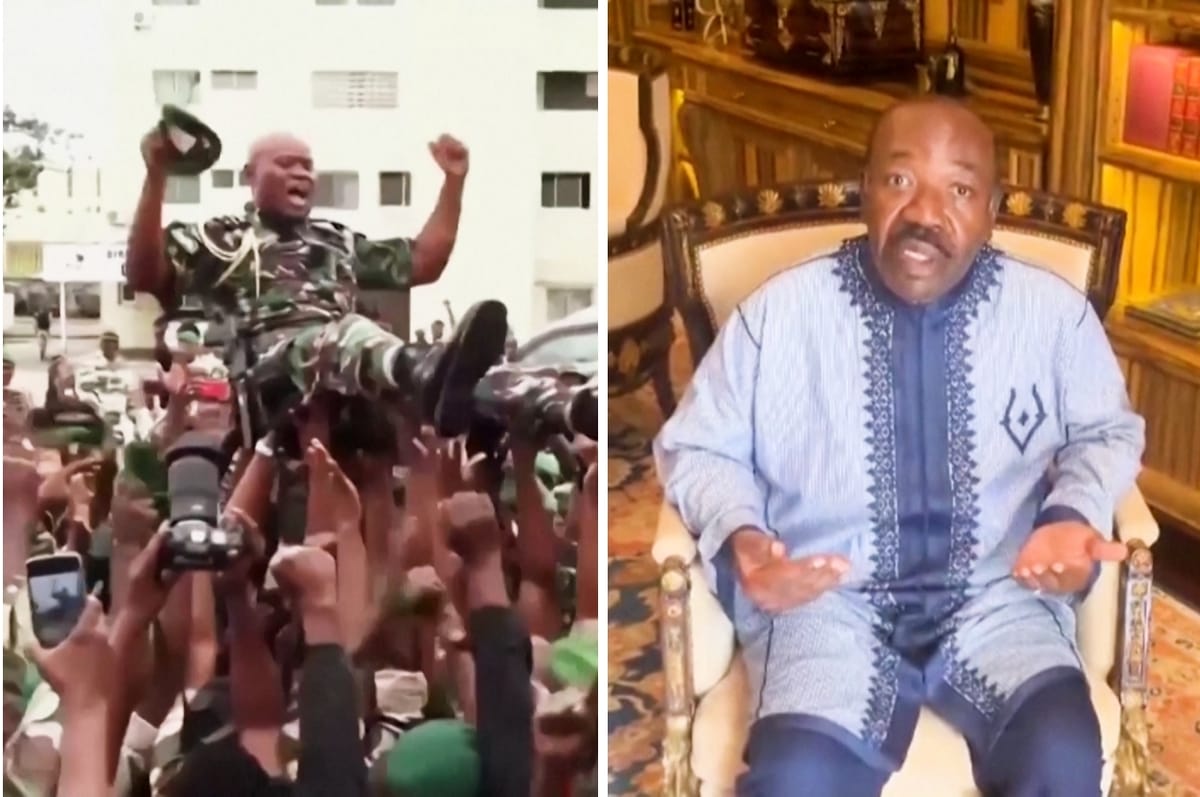
Gabon’s military has seized power in a coup after the president was re-elected for a third term in a contested election.
The coup happened in the early morning of Wednesday Aug. 30, minutes after the country’s electoral commission announced that Ali Bongo Ondimba – known as Ali Bongo – had been re-elected for a third term with 64.27% of the vote.
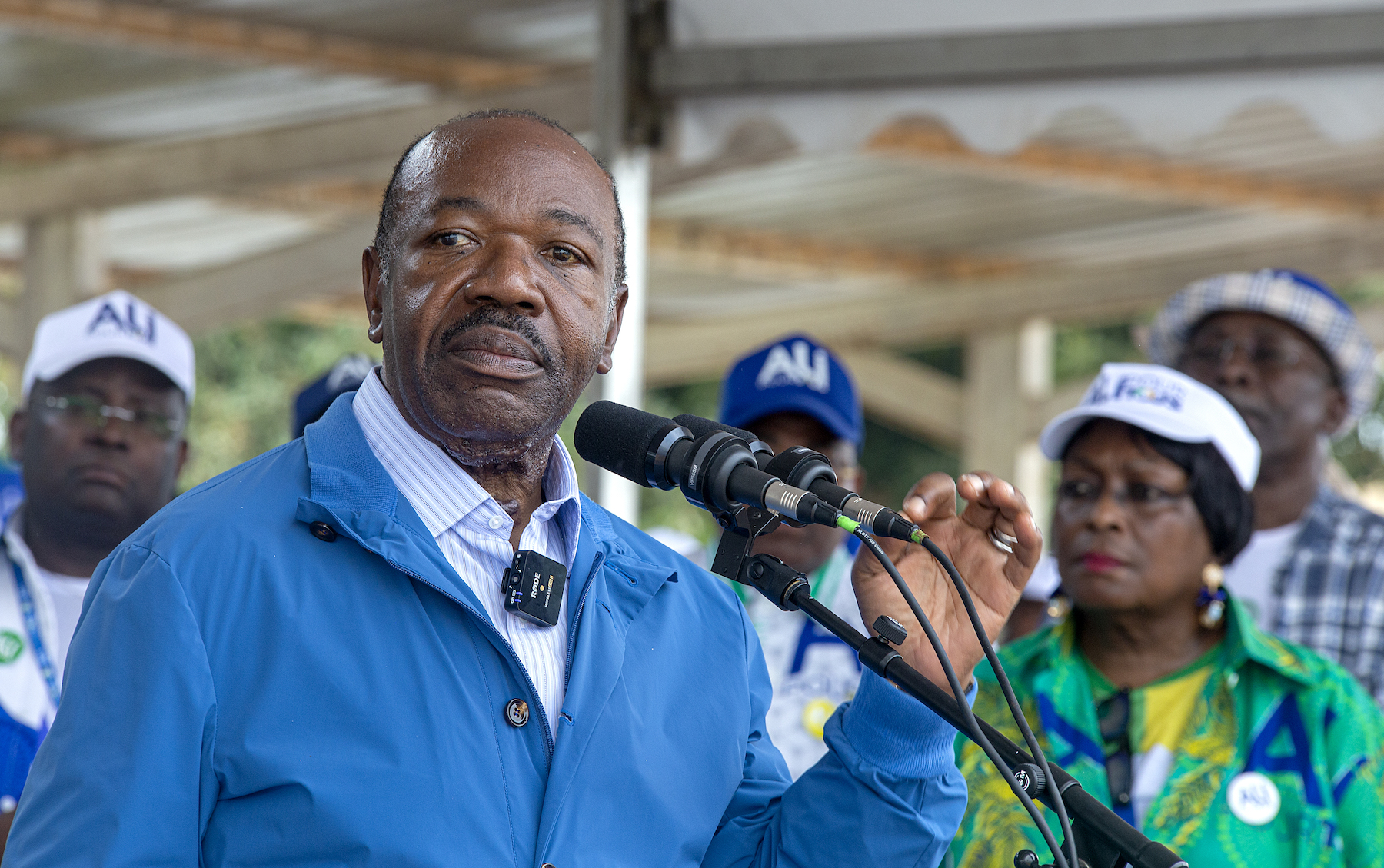
Gunshots were heard in the capital of Libreville, and then the military appeared on TV, saying that it was annulling the results of the election, dissolving the government and closing the country’s borders until further notice.
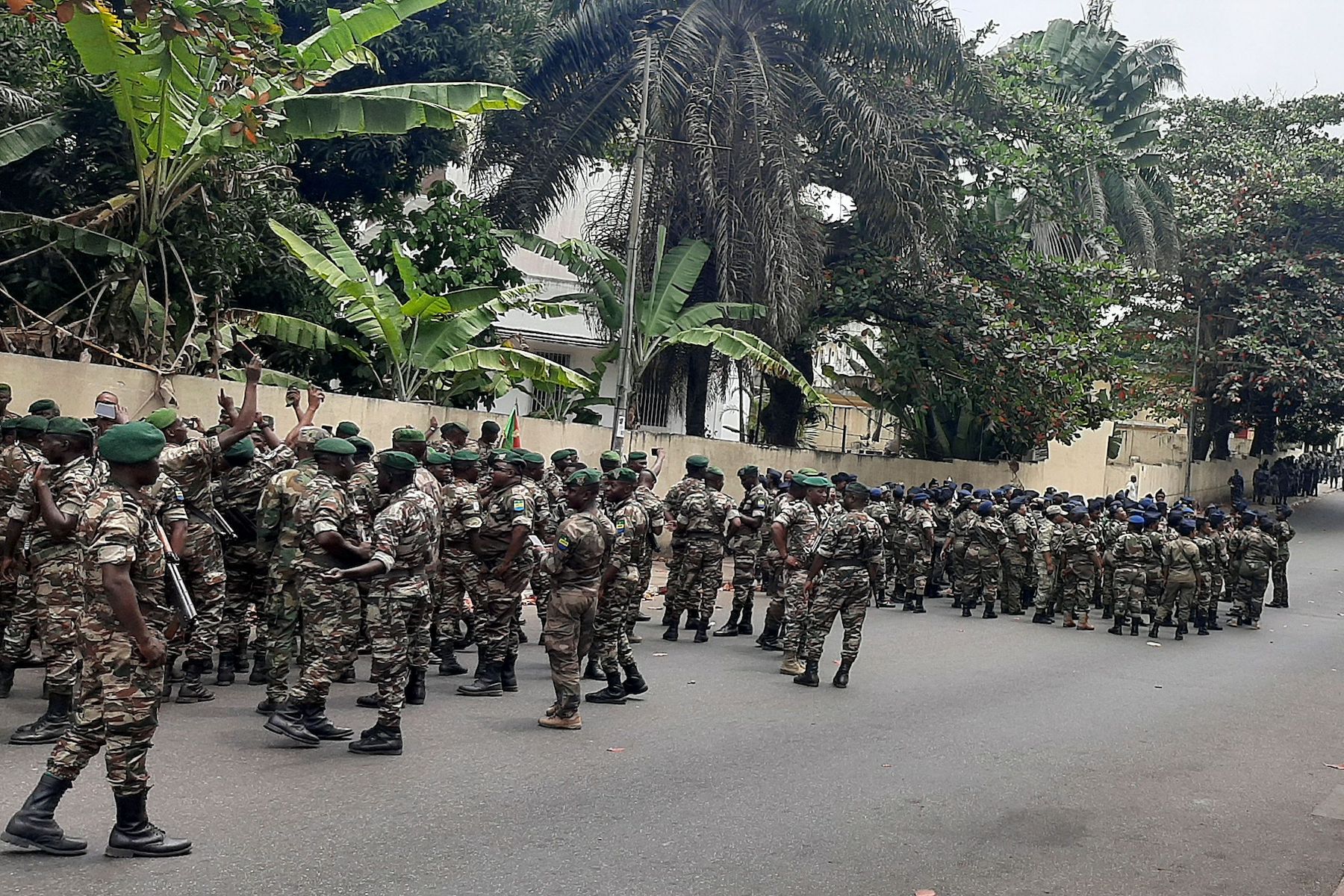
It said it had placed 64-year-old Bongo and his eldest son, who is also his advisor, under house arrest and that they were with family and doctors.
A military spokesperson said it had decided to take over due to “irresponsible, unpredictable governance” that risked “pushing the country into chaos”.
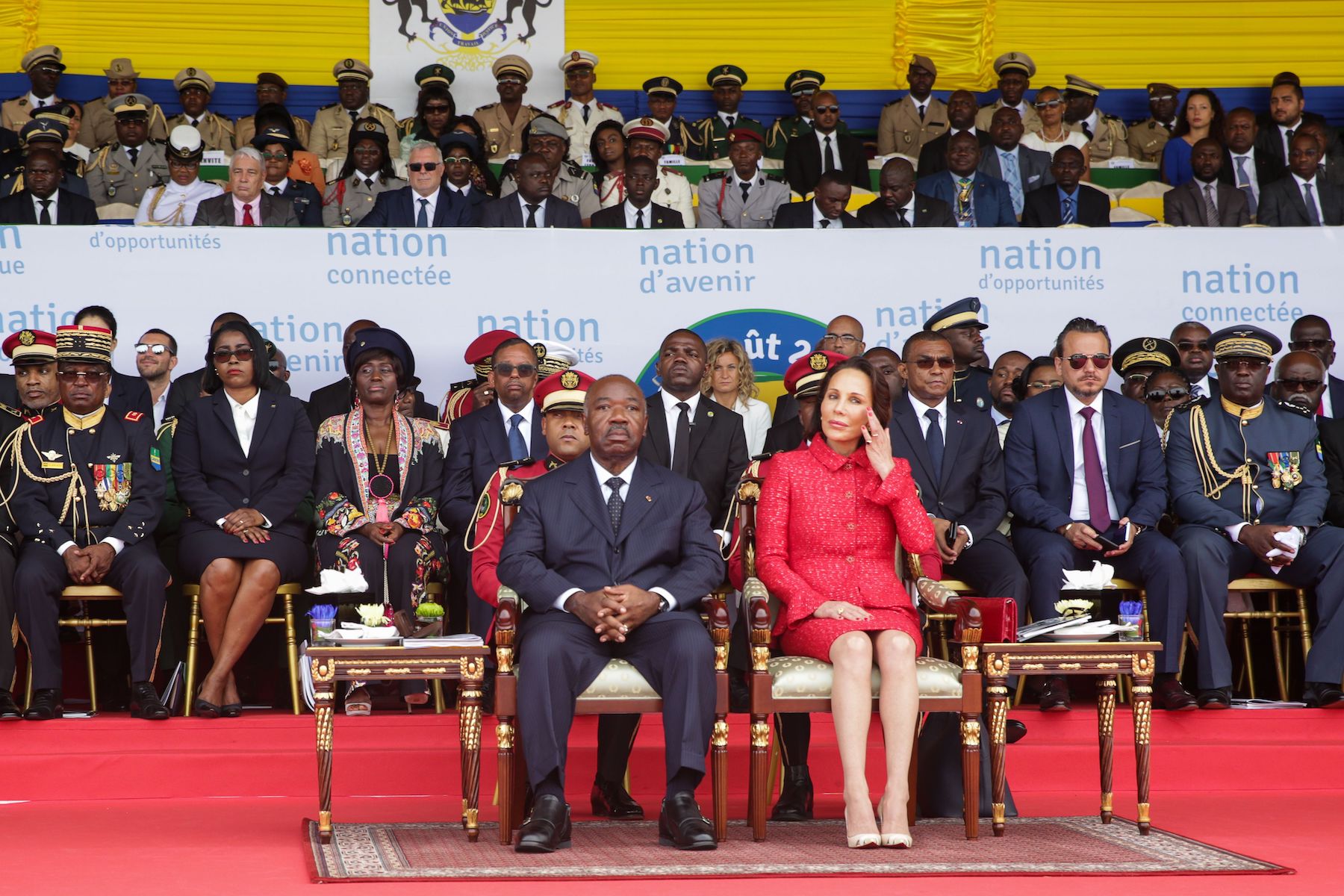
After it gained independence from France in 1960, Gabon has primarily been ruled by the Bongo family.
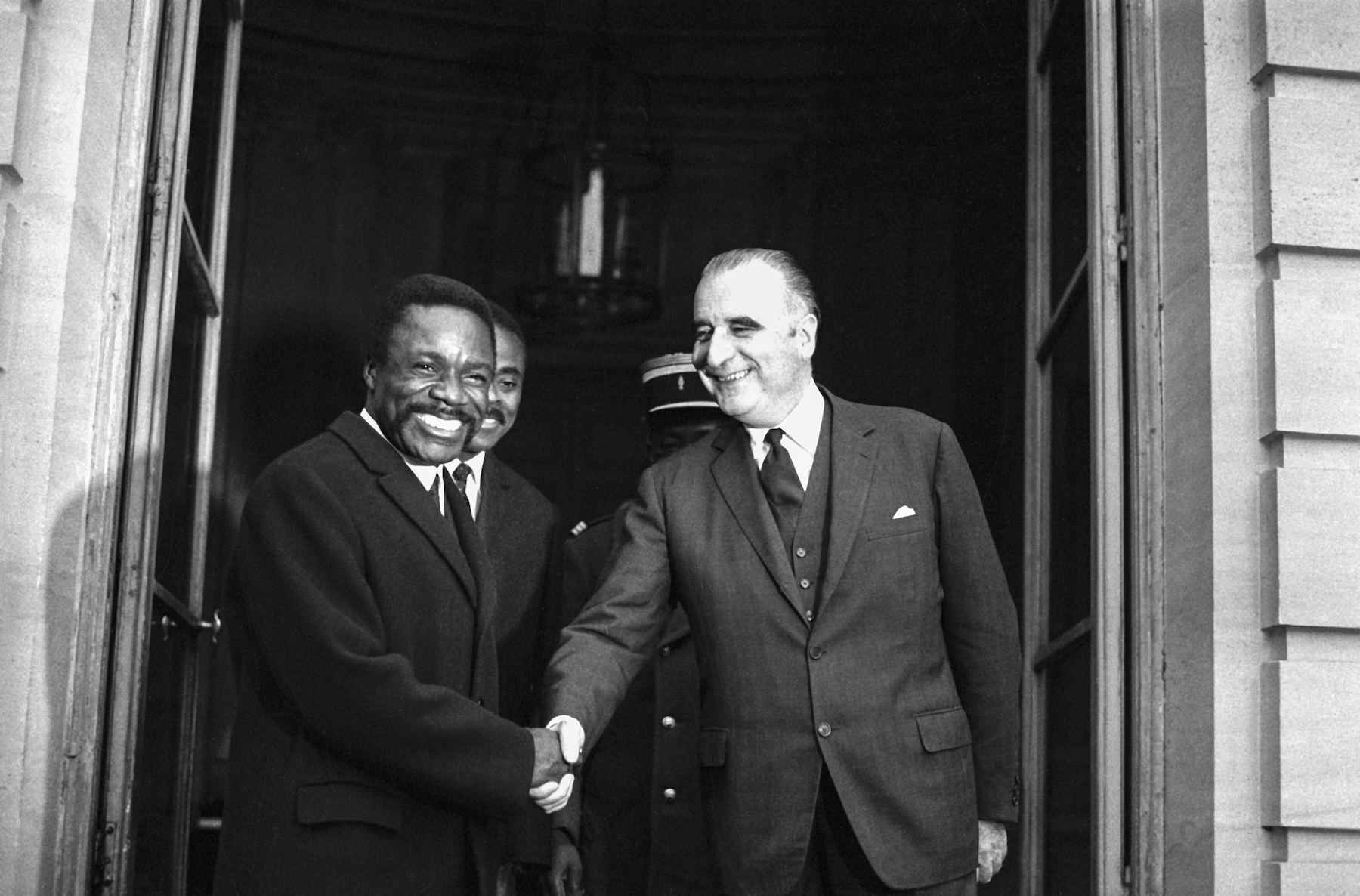
Bongo took over after his father died in 2009 after ruling for 41 years since 1967.
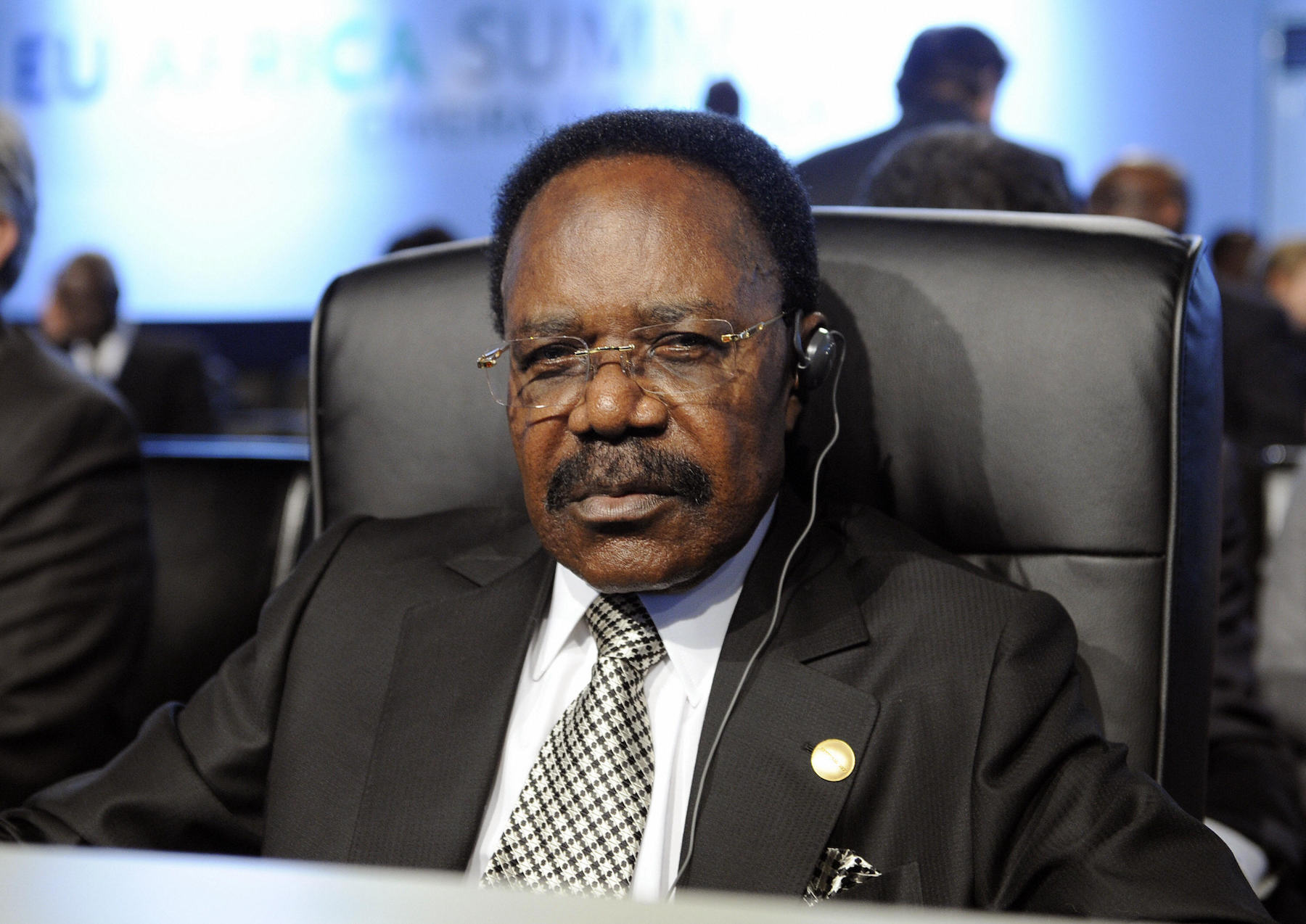
Bongo won a second term in 2016 in a controversial election filled with reports of fraud and irregularities, which led the military to launch a coup in 2019, which failed.
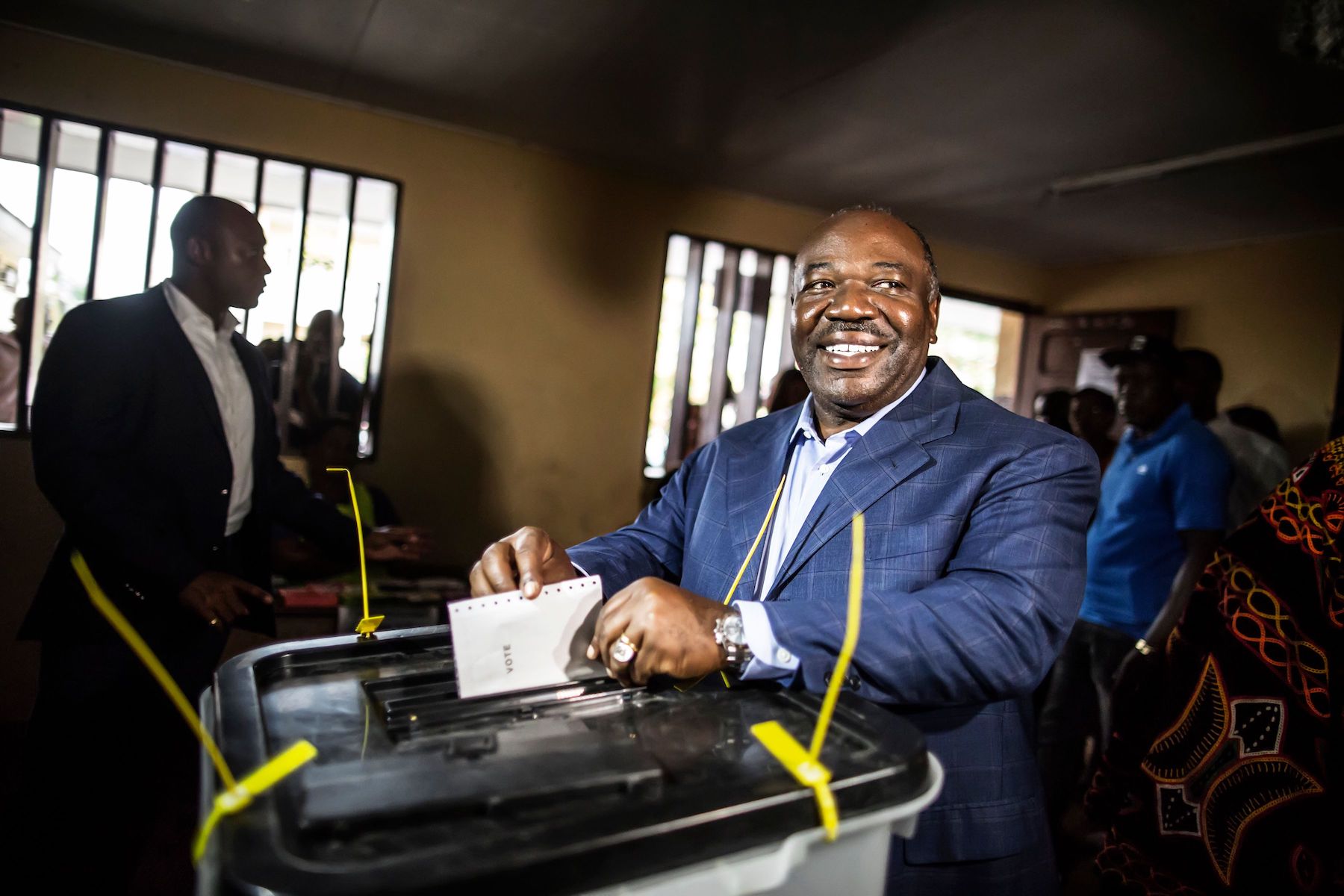
There has been widespread discontent with Bongo and his family’s 55-year rule, which has been plagued with accusations of corruption and nepotism.
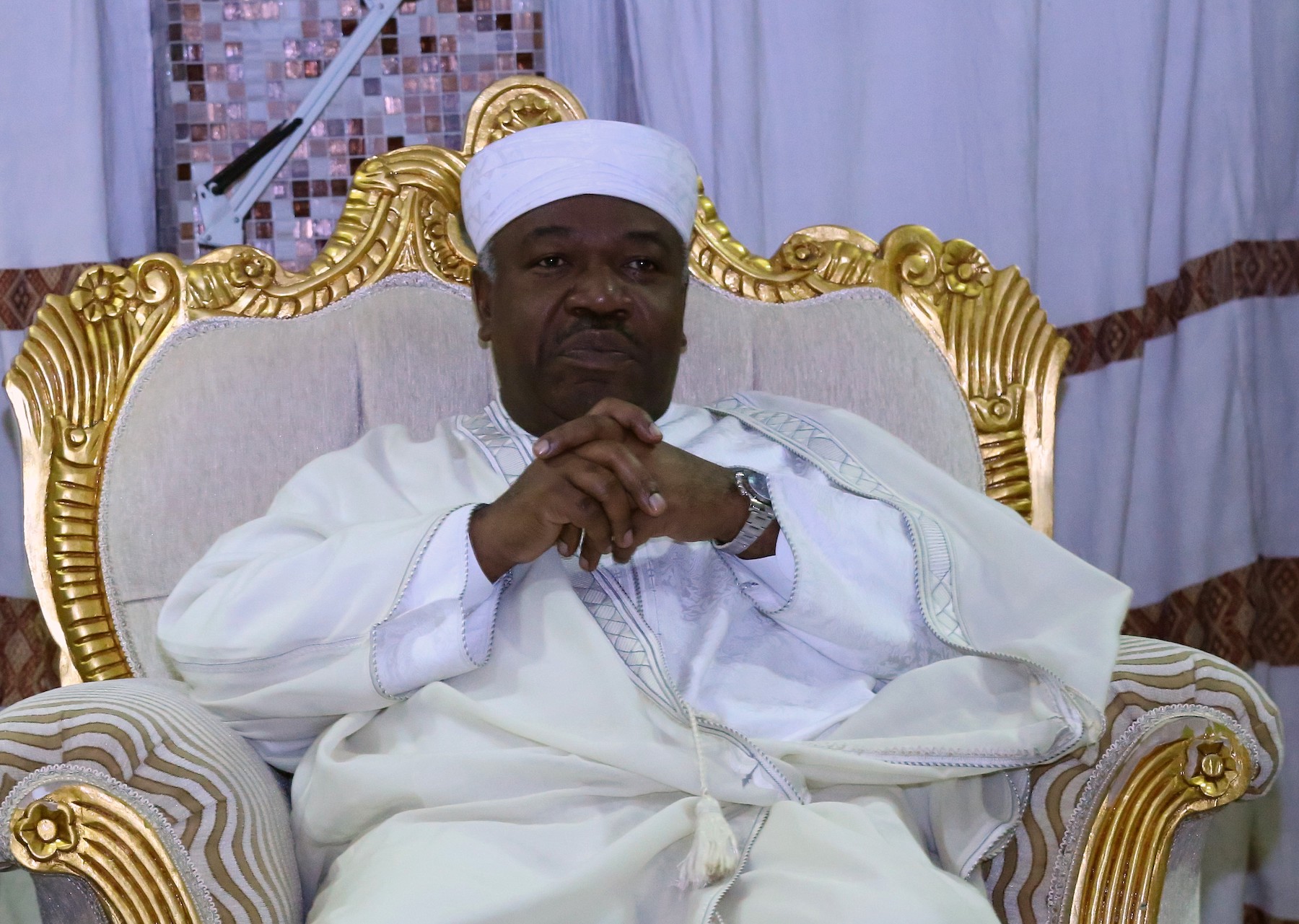
The coup is the eighth military takeover in West and Central Africa since 2020, with the latest occurring in Niger just a month ago.
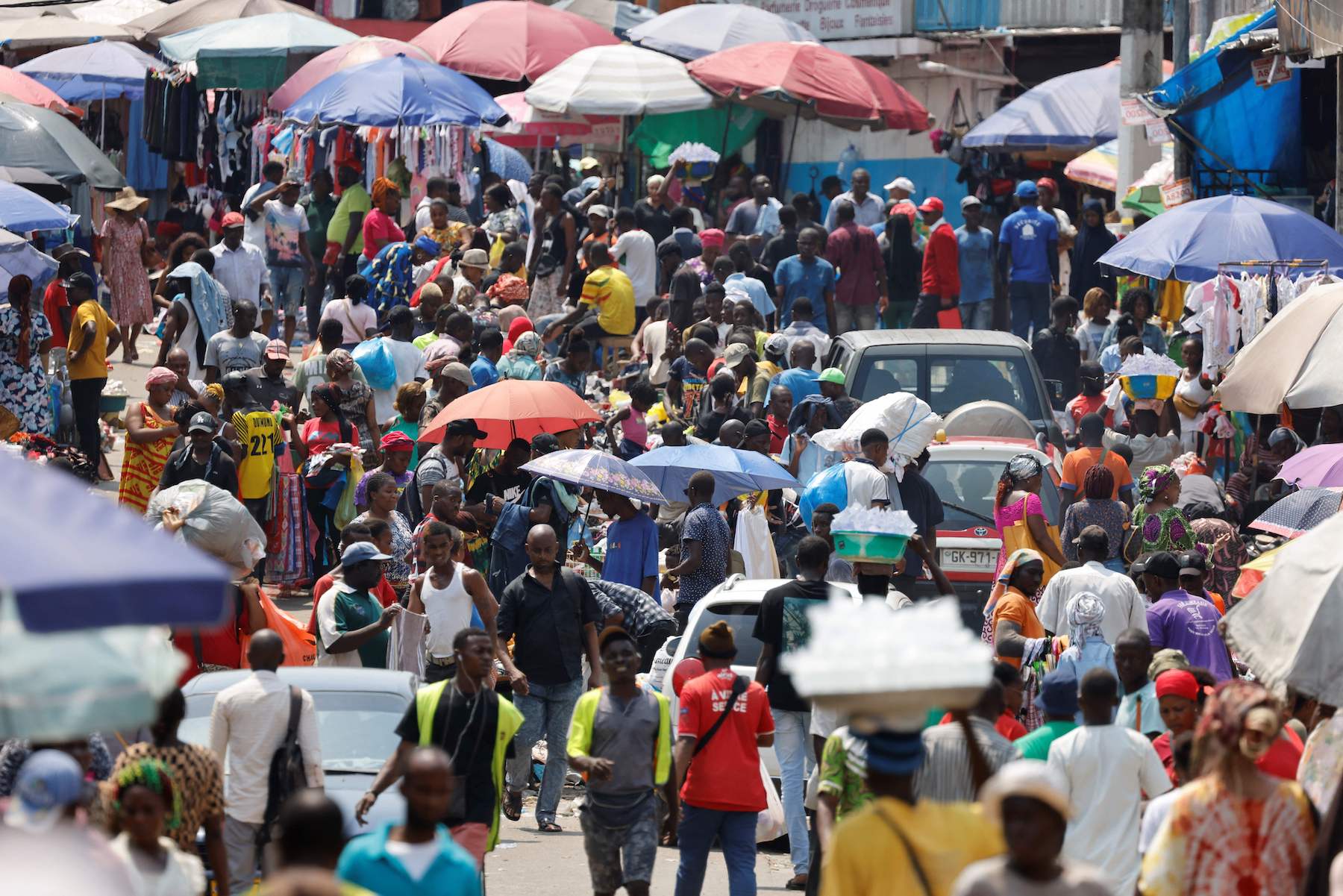
However, Gabon is relatively stable compared to the other countries, which have been struggling with Islamic militant extremist insurgencies – Mali and Burkina Faso – or intramilitary tensions like Sudan.
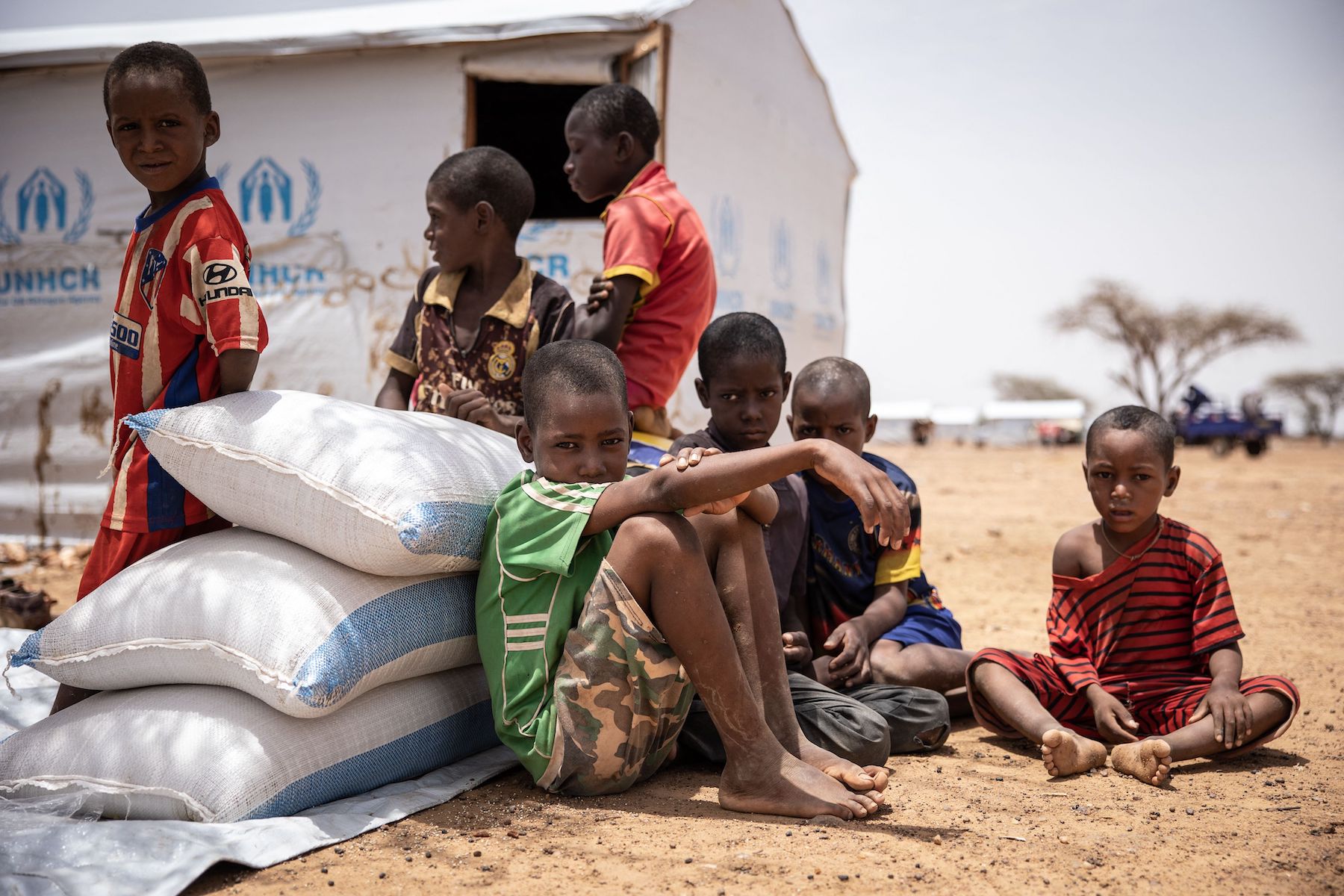
Gabon is one of Africa’s major producers of oil and a member of OPEC, an organization made up of the world’s leading oil-producing countries.
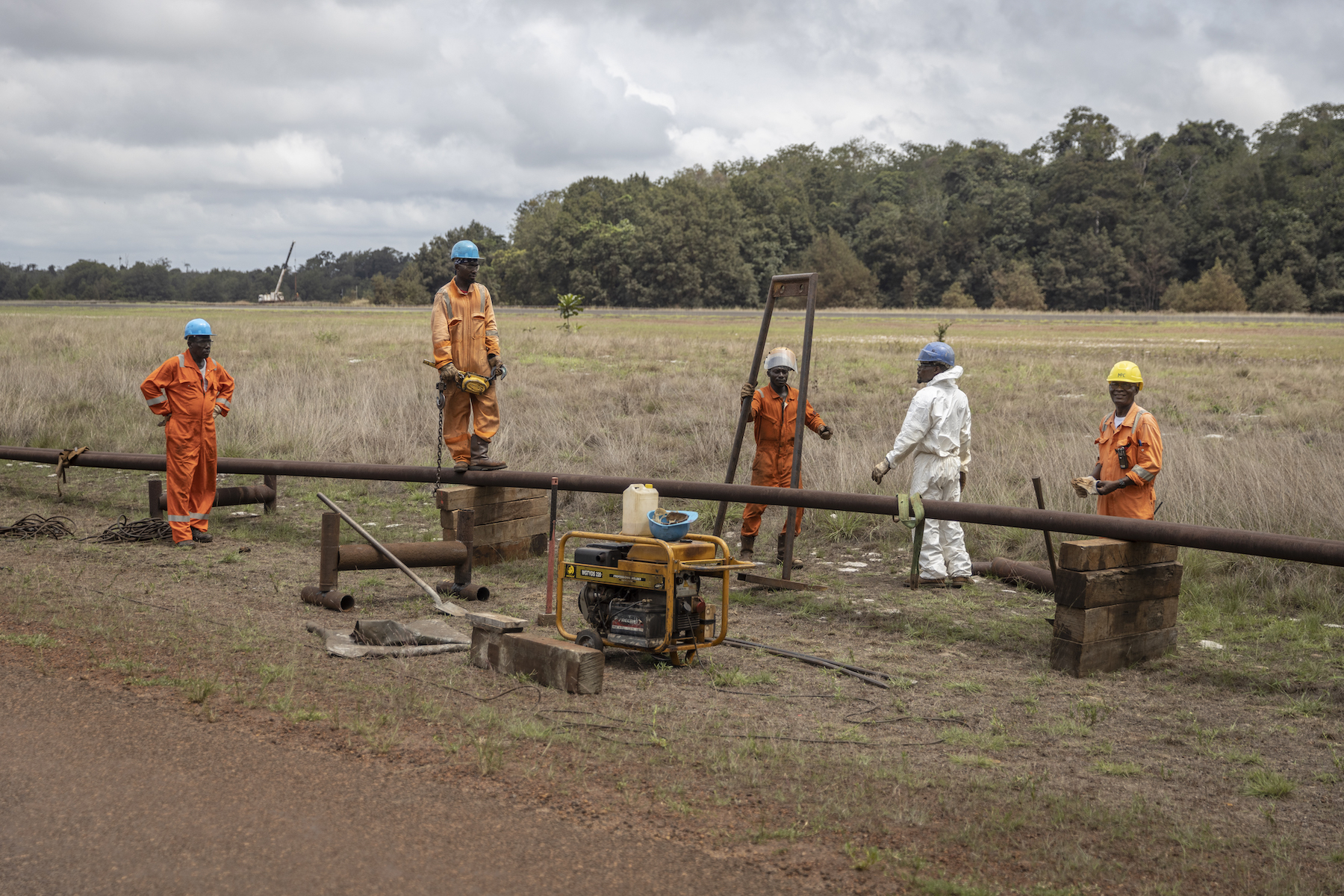
However, the oil wealth is concentrated in the hands of the few, and people say the Bongo family has done little to share it among the population of 2.3 million, according to AP.
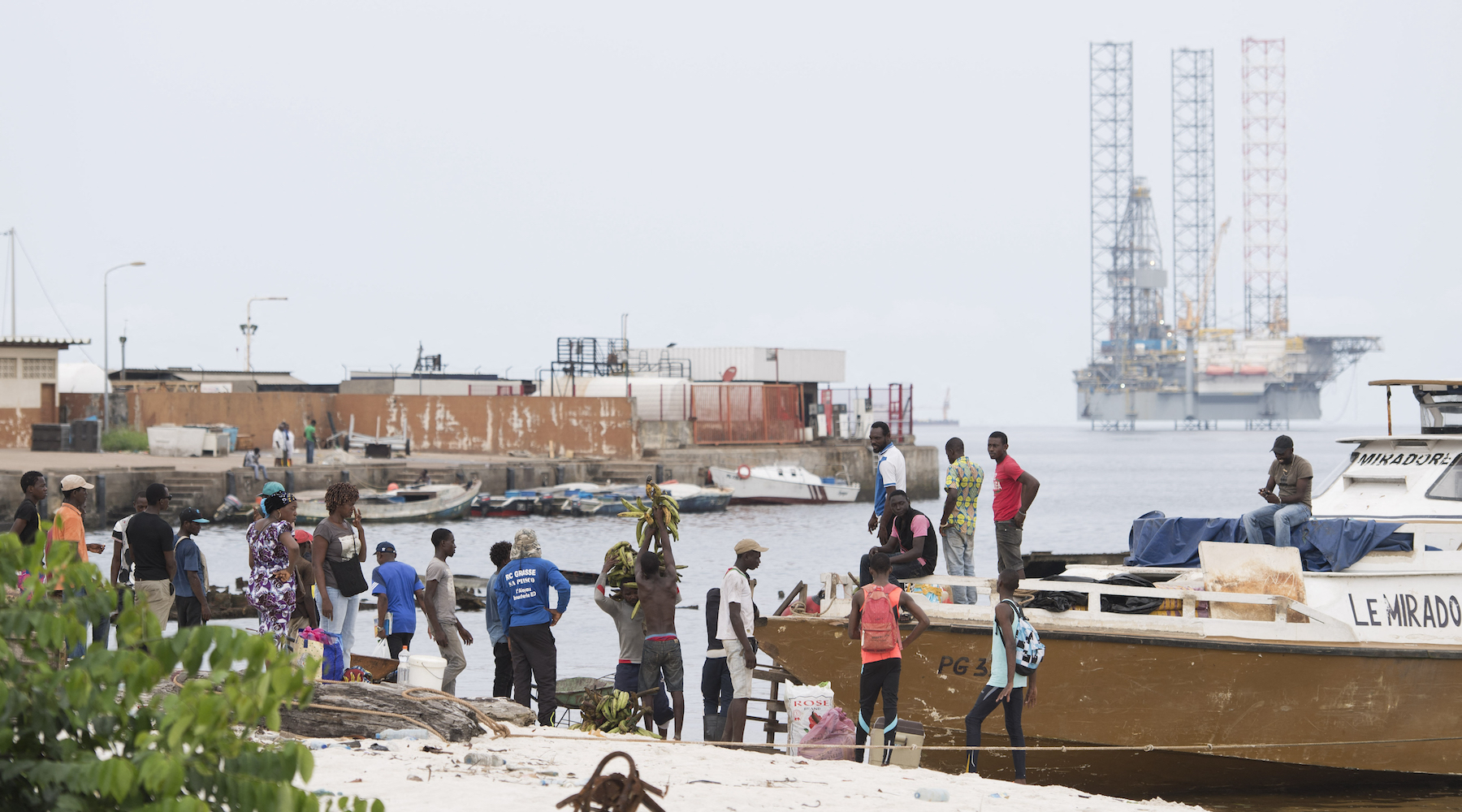
A third of the population lives below the poverty line, and nearly 40% of people in Gabon aged 15 to 24 were out of work in 2020, according to the World Bank.
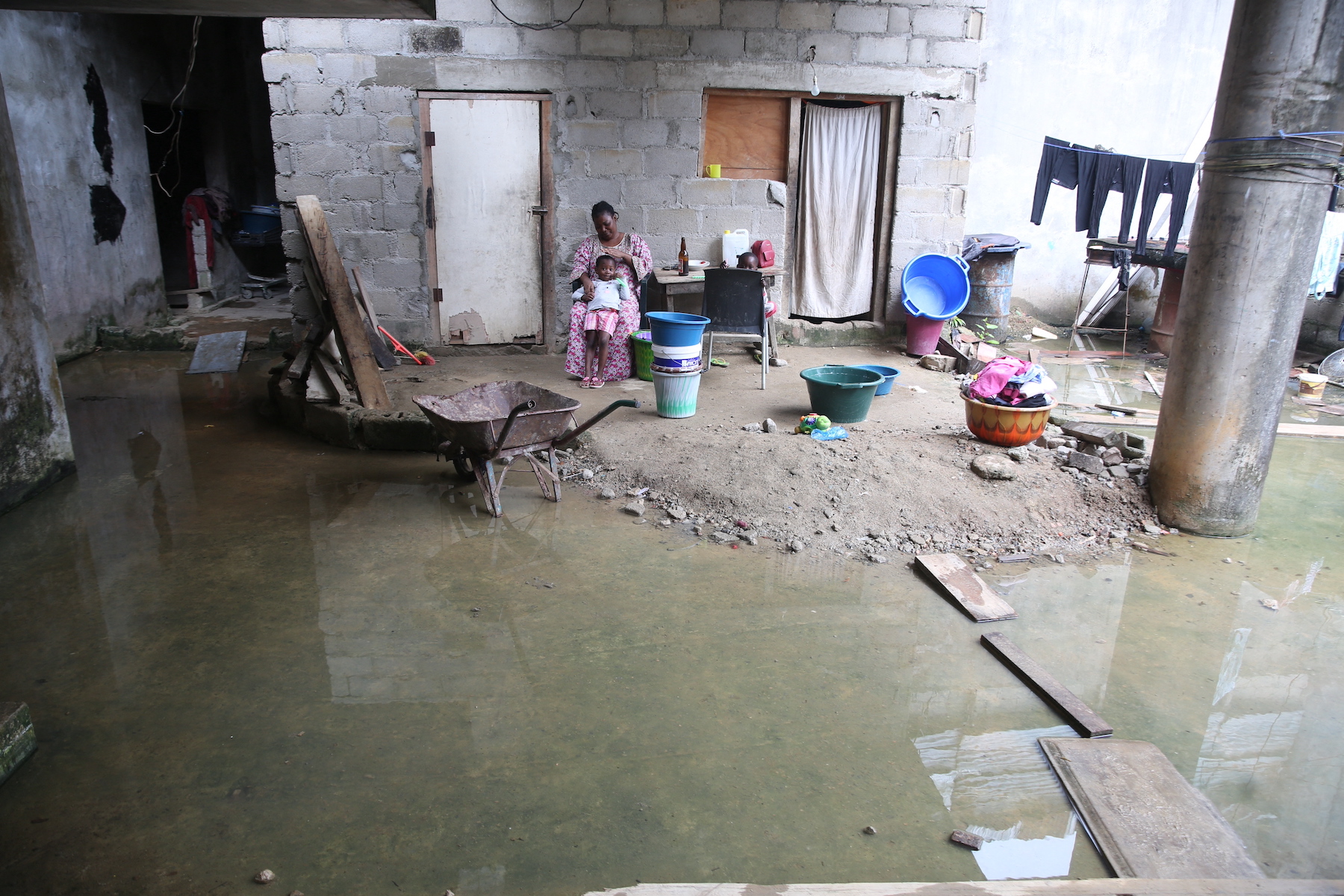
Hours after being placed under house arrest, Bongo released a video on social media calling for help.
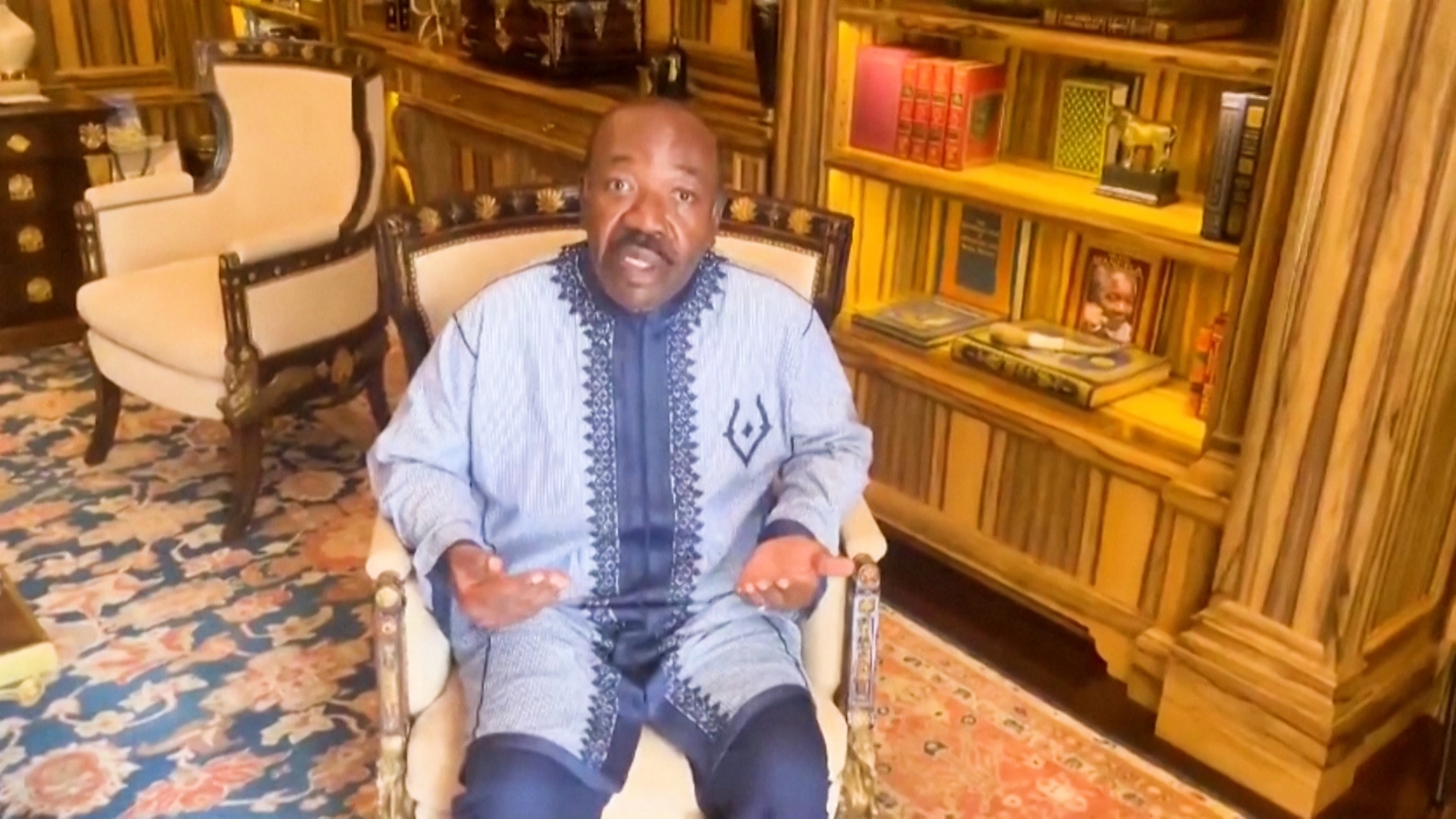
“I don’t know what’s happening,” he said. “I’m calling on you to make noise, to make noise, to make noise — really.”
The military later named the head of the presidential guard, General Brice Oligui, as interim president.
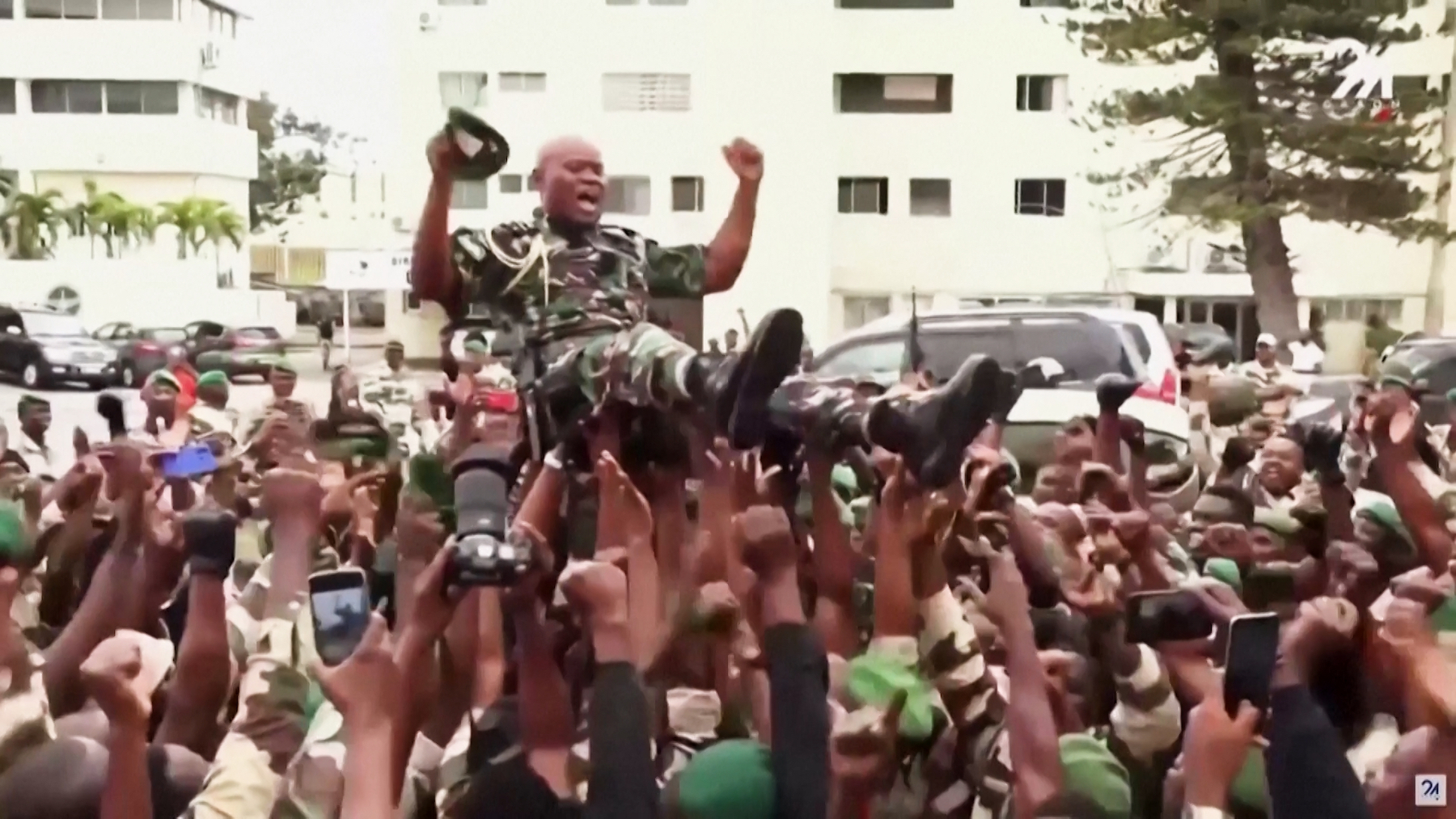
He was seen being carried triumphantly by his troops through the streets of Libreville.
Oligui told Le Monde later in the day that the military staged the coup because the country was discontent with Bongo, his rule and decision to run for a third term.
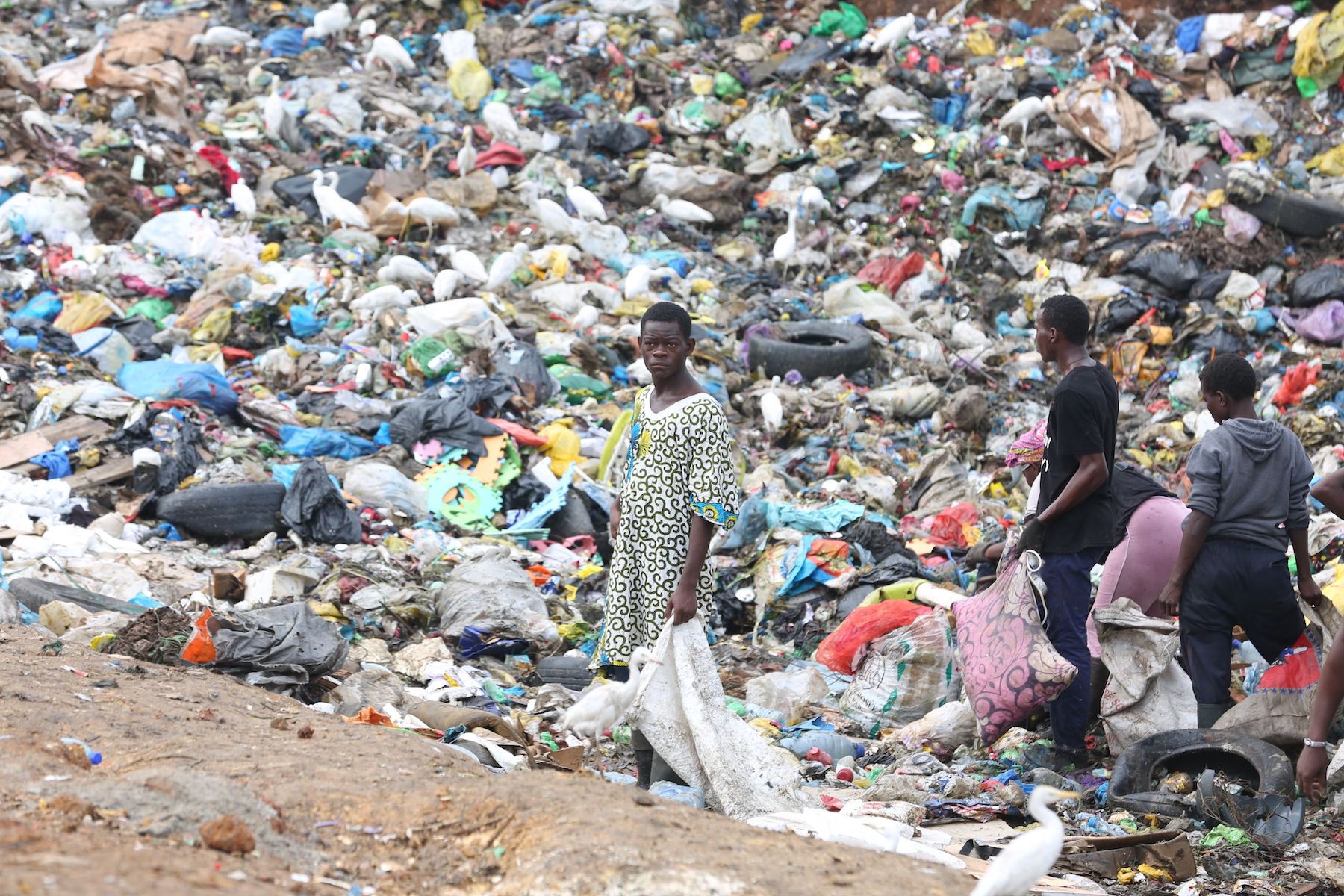
The coup was met with some celebrations in the country, with people hoping for a transition to a civilian government.
However, Oligui added that the military was not in a rush to hold elections.
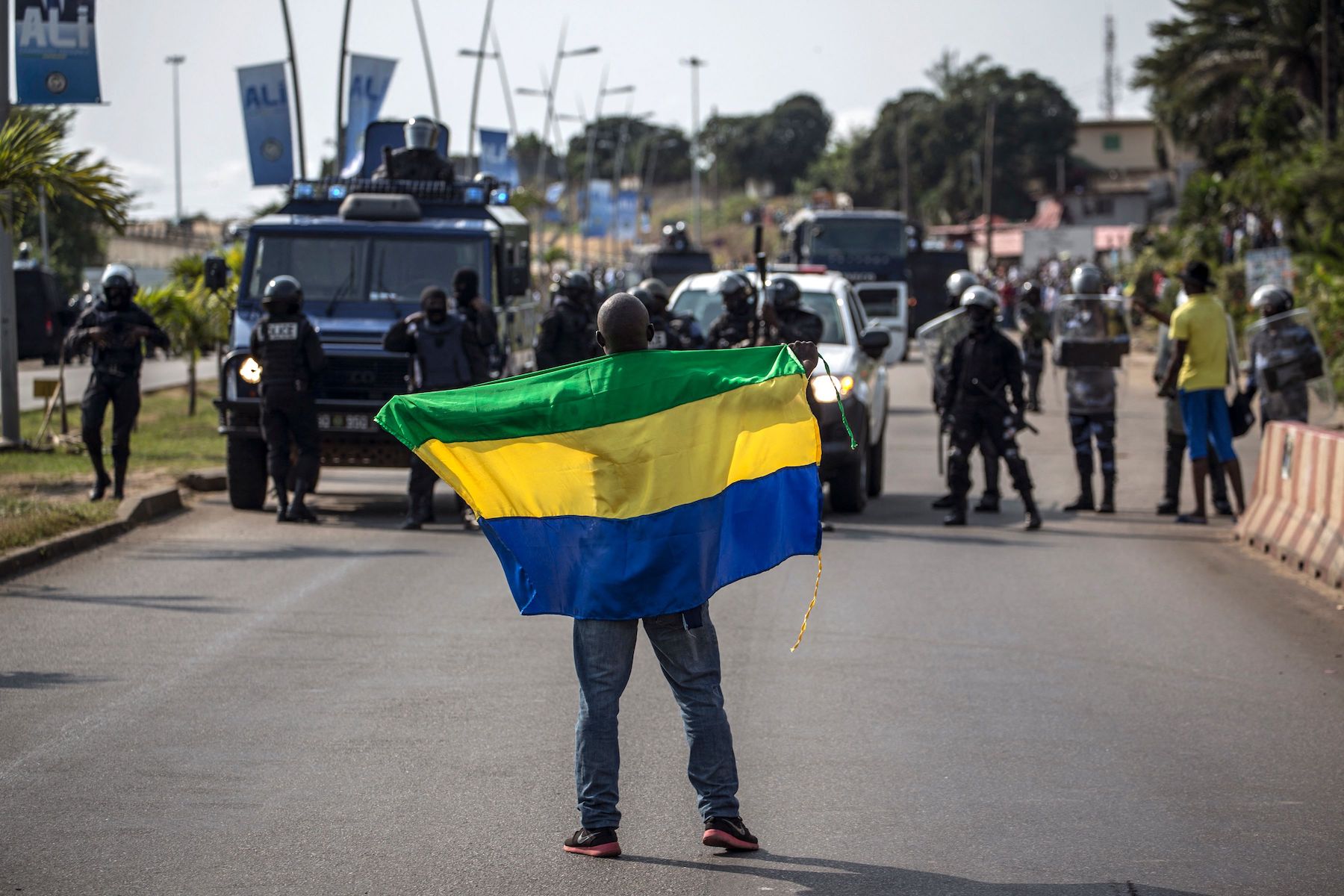
The coup is seen as another blow to French interests in Africa, following the coups in Mali, Burkina Faso and Niger – all former French colonies, the New York Times reported.

The Bongo family has remained a strong ally of France since 1960, and French companies dominate Gabon’s oil industry, according to the New York Times.
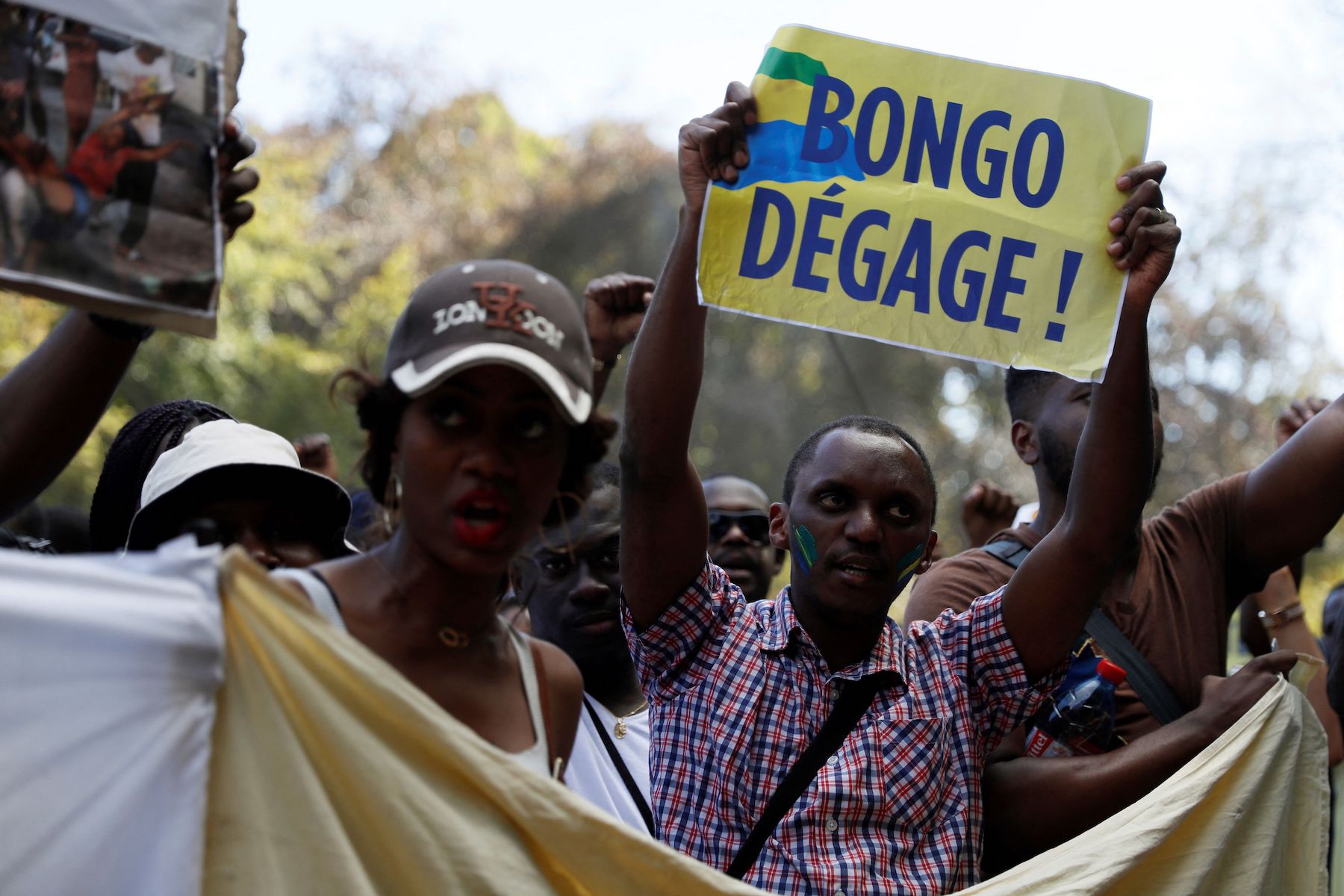
The coup has been widely condemned by the international community, with experts warning that it offers “no guarantee of good governance and democratic transition,” according to AP.





